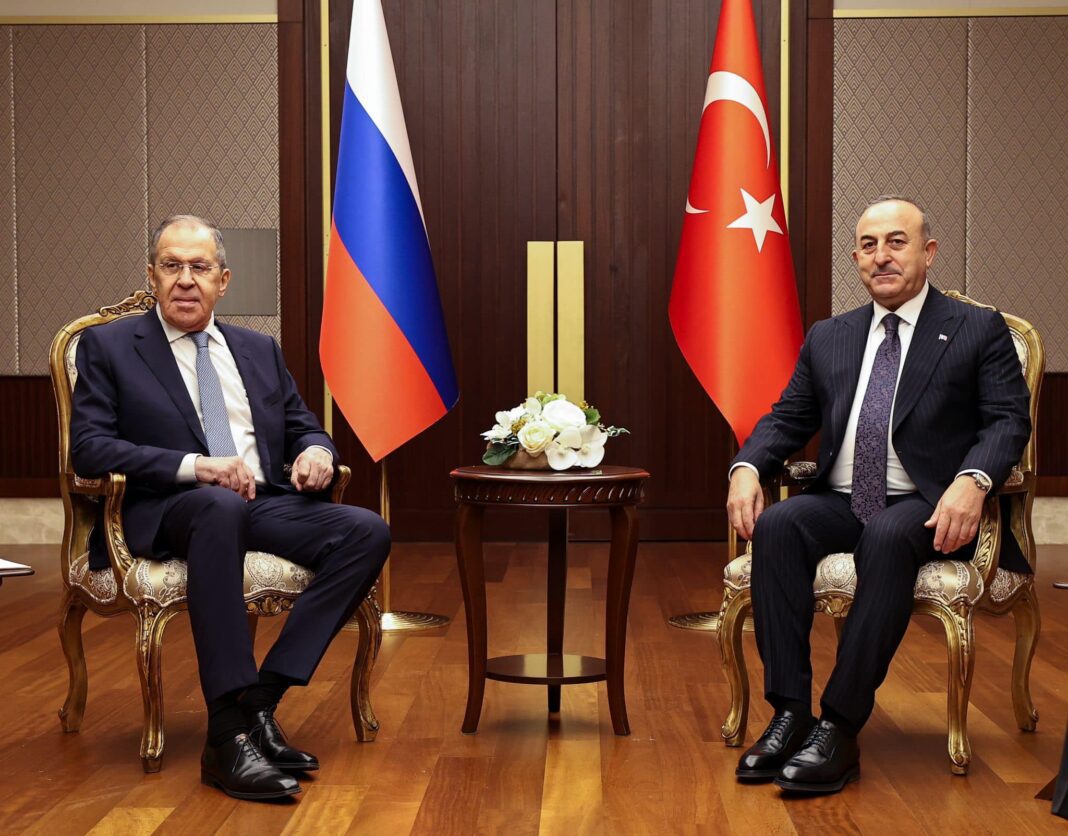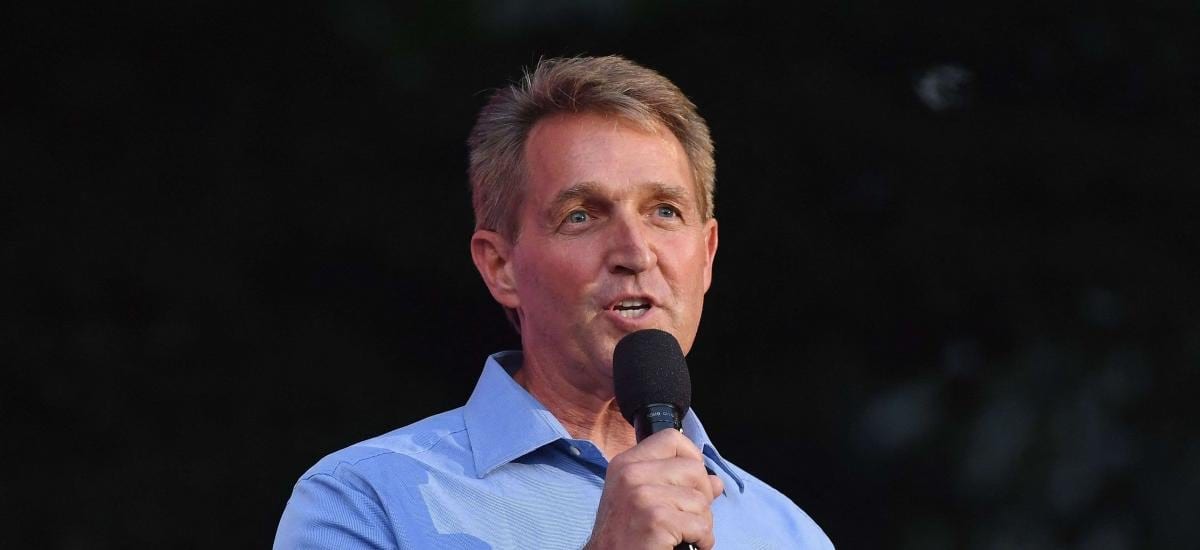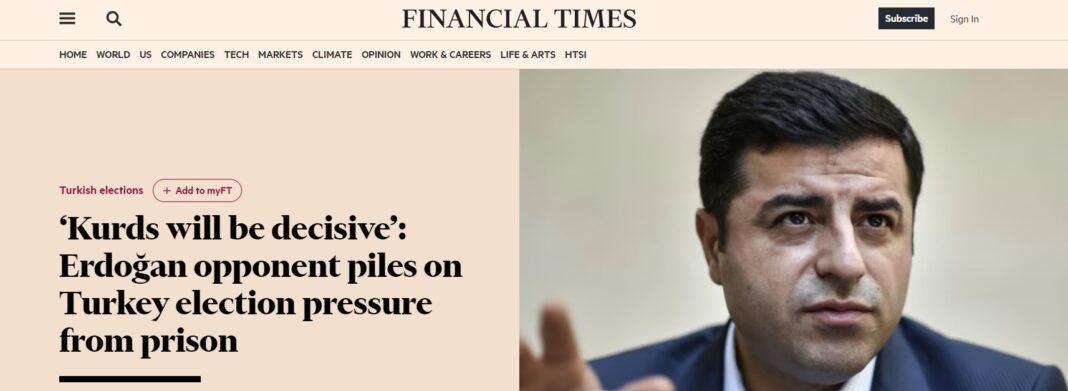By TVPWorld,
Russia and Turkey were unanimous during talks in Ankara on Friday about the need to lift obstacles in a bid to ensure more frictionless exports of Russian fertilizer and grain, as well as the necessity to extend an UN-brokered deal ensuring Black Sea shipments of Ukrainian grain beyond next month.
Turkish Minister of Foreign Affairs Mevlüt Çavuşoğlu told a news conference in Ankara, alongside Russian Foreign Minister Sergei Lavrov, that Turkey was committed to extending the UN-sponsored deal ensuring the safe passage of grains and other commodities from Ukrainian ports.
Sergei Lavrov said Russia could work outside it if Western countries would maintain what he called obstacles to agricultural exports which were getting tougher.
The deal, agreed upon last July, ensures the safe passage of grains and other commodities from Ukrainian ports despite a Russian naval blockade. Last month, Russia said it would extend it for another 60 days even though the UN, Ukraine, and Turkey had pushed for a repeat 120-day rollover.
Çavuşoğlu said that Turkey was committed to extending the deal beyond mid-May.
“We attach importance to the continuation of the agreement…not only for Russia and Ukraine’s grain and fertilizer exports, but also for stopping the world food crisis,” Çavuşoğlu said.
“We also agree that the obstacles to the export of Russian grain and fertilizer should be removed. Issues need to be addressed for the grain deal to be extended further,” he added.
Lavrov said the two top diplomats discussed the grain deal, a potential gas hub in Turkey, and the conflict in Syria, and Ukraine.
NATO-member Turkey has positioned itself as an intermediary between Kyiv and Moscow in the 13-month conflict, brokering with the United Nations the only significant diplomatic breakthrough so far.
Facilitating Russia’s food and fertilizer shipments is a central aspect of a package deal but Russia has complained that its exports were still hindered.
While Russian food and fertilizer exports are not under sweeping Western sanctions, Moscow says restrictions on payments, logistics, and insurance industries are a barrier.
Lavrov said that Russian grain and fertilizer exports were affected by a lack of access to insurance and to the SWIFT financial messaging system.





